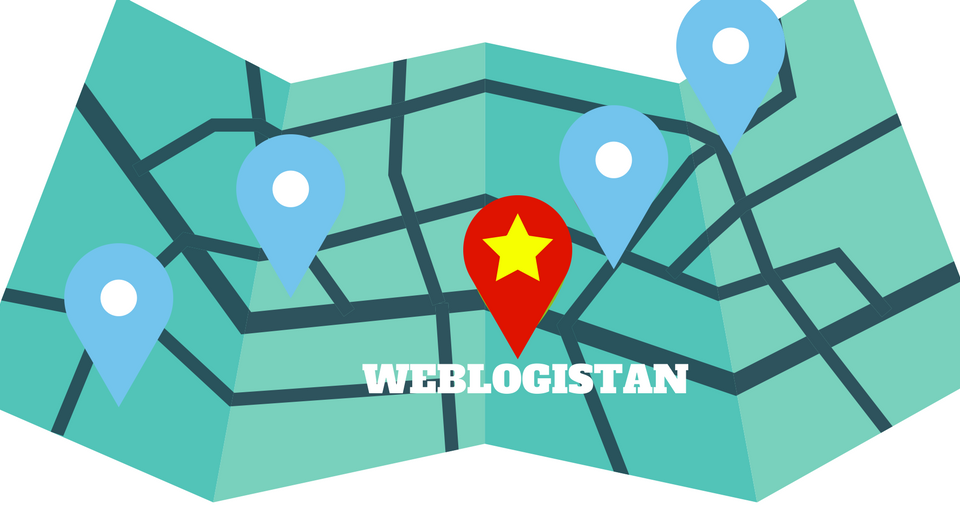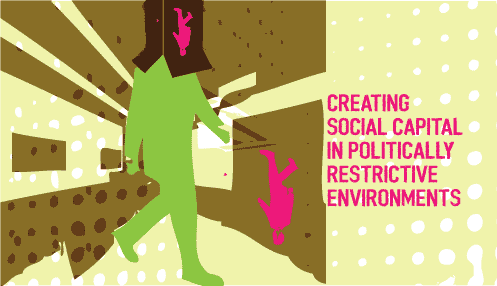August 2, 2011
This week's featured article from Arseh Sevom's Civil Society Zine is Christina Ashtary's piece examining the development of social capital in politically restrictive environments. Can trust be developed between individuals who meet online? By now, most of us know couples who wooed one another online long before they ever met. Why not activists?Ashtary argues that trust and social capital are being created even among those who know each other as bits and bytes, communicating solely (for a time, at least) in the virtual realm. She discusses how the control of public spaces by the regime in Iran has led to a transfer to the virtual sphere, Weblogistan: a digital Iran that transcends geographical borders and oppressive control.Read more...



